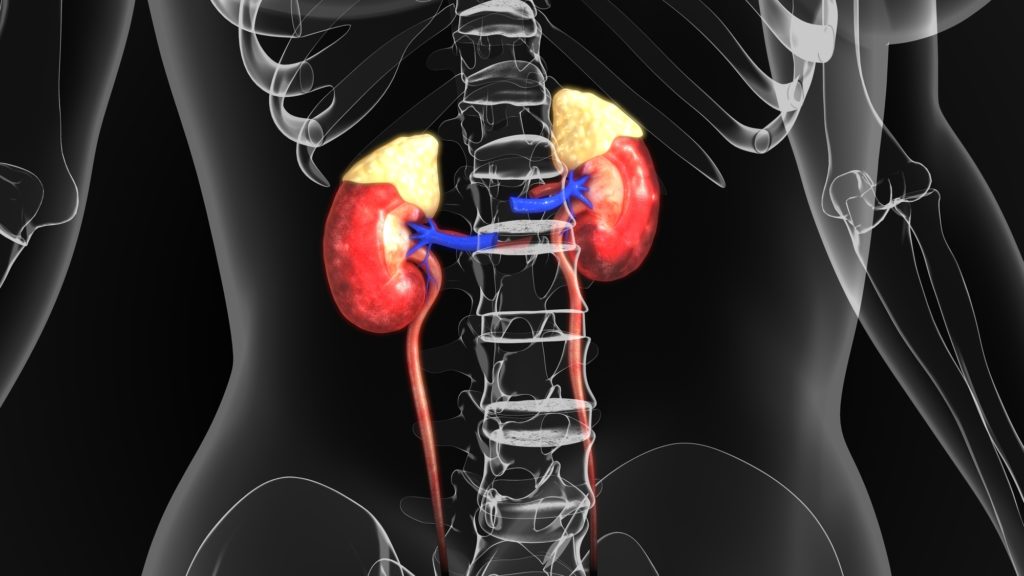Get Your Bounce Back When You Feel Burnt Out

Can you vaguely remember the days when you were roused from your peaceful slumber by the sounds of the birds chirping their appreciation for the sun rising? You would open your eyes, and feel immediately awake. Your mind switched on. You were eager for the coming events of the day. You bounded out of bed and began your day with infectious excitement.
Your enthusiasm for life was contagious. People around you were inspired by your energy and your motivation. You exuded vitality and a true love for life.
Over time with work, family, possibly children, daily chores and all the other things that life throws your way, that vitality, energy and enthusiasm started to seep away. You started to notice that little things were really getting to you. You suffered that mid-afternoon slump each day, yet you were wide awake (although exhausted) at bedtime. So, you had trouble getting to sleep, and you didn’t sleep well. Eventually your joy at hearing the birds in the morning became frustration at them not allowing you to sleep those few extra minutes, since every day you were now having to drag yourself out of bed in the morning. You may have been experiencing anxiety, depression, or both. Brain fog became a daily occurence, and you started to gain weight. You might have even consulted your doctor, who found nothing wrong with you.
What the heck happened to your joie de vivre?

Sure, life can get busy. Sometimes overwhelming. Stress sets in and things go from bad to worse. But why is it that you can’t find a way to drag yourself back out of this slump that feels like it’s been going on forever?
This type of burnout is all too common these days. We do live a hectic life and experience many stressors. The way you are feeling is the result of long term stress, or more correctly, the effects of long term stress on your body.
Your adrenal glands are two little glands that sit atop your kidneys. They have many roles in the body, releasing 3 main types of hormones. The adrenal cortex – the outer area – produces cortisol, a fairly well known hormone that helps your body respond to stress and is also involved in regulating metabolism. The cortex also produces aldosterone which is involved in regulating your blood pressure. The adrenal medulla – the inner area of the gland – produces hormones which also helps your body respond to stress, such as adrenaline. The hormones that we are interested in today are those involved in the stress response, cortisol and adrenaline. These stress hormones allow you to better cope in stressful situations, and take the appropriate actions to become safe again after the threat (or perceived threat – your body can’t tell the difference). It is also normally released on a regular rhythm each day, allowing you to wake up or fall asleep at appropriate times.

Remember that the stress response in your body can also be triggered by a poor diet, lack of exercise, food sensitivities, exposure to toxins, and poor relationships.
In the same way that we learn to tune out to an annoying noise, your body can learn to tune out to the messages that your adrenal glands are sending. When you experience chronic stress the constant pumping out of cortisol leads to a ‘cortisol deafness’. Your body’s cortisol rhythm gets out of whack, meaning that at times you don’t have the right amount to deal with stressful situations – hence the overwhelm and anxiety, and at other times you have too much or too little which affects your sleep patterns.
If you’re already experiencing a lot of these symptoms listen carefully, because remaining in this state of burnout long term has some serious health consequences. Aside from the unpleasant symptoms you’re already experiencing, these are things like:
- Autoimmune diseases
- Hormone imbalances
- Decreased sex drive/libido
- Weight gain despite efforts to avoid this
- Hair, muscle or bone loss
- Extreme fatigue

As you can see, the effects of stress are far reaching and can seriously impact your life.
So, if you feel like this state of burnout is your new normal, what can you do to turn it around?
Let’s talk diet.
Just as a poor diet can cause stress, a healthier diet can help reverse the effects. The usual suspects play a part here – reduce your sugar intake in both food and drinks, eat more vegetables, drink more water.
In addition to just eating healthier though, there are certain foods that specifically support your adrenal glands, helping you to nurse your body back to health. These foods are also nourishing to the body and will help you to reduce stress on your body and regain energy.
These foods include:
- Avocado and other healthy fats
- Nuts, including almonds and walnuts
- Seeds, particularly flax, pumpkin and chia
- Olives and olive oil
- Cruciferous vegetables – broccoli, cauliflower, cabbage, Brussels sprouts
- Fermented foods that provide prebiotics and probiotics.
- Celtic or sea salt
It’s important to remove any toxins in food that will cause your adrenals to work harder – since food toxins create a stress response. These foods include – again – sugar, but also artificial sweeteners. Hydrogenated oils are oils that have been highly processed, such as canola, sunflower, and safflower oils. These create inflammation in the body and should be avoided. Choose good fats and oils instead like olive oil or coconut oil. Any processed foods are going to cause stress on your body, so avoid these as much as possible.
Caffeine might be your crutch when you’re feeling burnt out, but it’s actually contributing to the problem. If you feel you can’t live without it, try to restrict your intake to the morning to give you the best chance of a decent sleep at night.
Lifestyle approaches are vitally important when you are feeling burnt out. Your body needs pampering! You are not being lazy by taking some extra time for yourself. This is recovery and also proactive preventative health to avoid future complications like I mentioned earlier in this article.
Your sleep cycle essentially needs retraining. Be in bed by 10pm at the latest – you need to avoid that late night ‘second wind’ or you’ll have more trouble sleeping. If possible, sleep at least 8-10 hours each night and don’t wake to an alarm. Take the time to rest whenever you feel the need.

Exercise – but not too much. You want to take up some gentle exercise like walking or yoga, but avoid cardio workouts as these will create more stress in your body. If you are a regular gym-goer, you may need to slow down your pace quite significantly.
Minimise work and relationship stress as much as you can. This may even mean you need to seek some counselling or change your work hours or role. If you have past traumas, now is a great time to speak to someone about that in order to help resolve the lingering emotions. Avoid negative people, or people who make you feel bad about yourself.
Finally, and incredibly importantly, do some nice things for yourself! Get a massage, have lunch with friends, do the things you love in life. Have fun and laugh each day. The power of laughter is underrated – your entire physiology changes when you laugh. These activities, perhaps even more than any other, will see you on the path to recovery.
I’ve worked with many people who have felt like you do. They’re overwhelmed, stressed, exhausted, burnt out. Sometimes it becomes even too hard to think about how to actually implement the tips I’ve offered in this article. I understand. And, I can help.
My Burnout to Bounce program incorporates all the things I’ve shared here today. We look at your current situation in detail, evaluating how your body and your life are affected. I’ll use my naturopathic skills to prescribe an individual diet and herbal medicine program for you along with life coaching to help you understand and shift emotional blocks and better manage stress. Together, we can work through the emotional and physical challenges that you are facing.

You can get that bounce back. I’ve seen it over and over in my clinic, with both men and women of all ages. Click this link to book yourself in for a free chat about how this program can help you. And yes, there is still time (to get started) before Christmas so that you can actually enjoy the festivities!
Click here to book a free call to chat with me about how you can get your bounce back!
